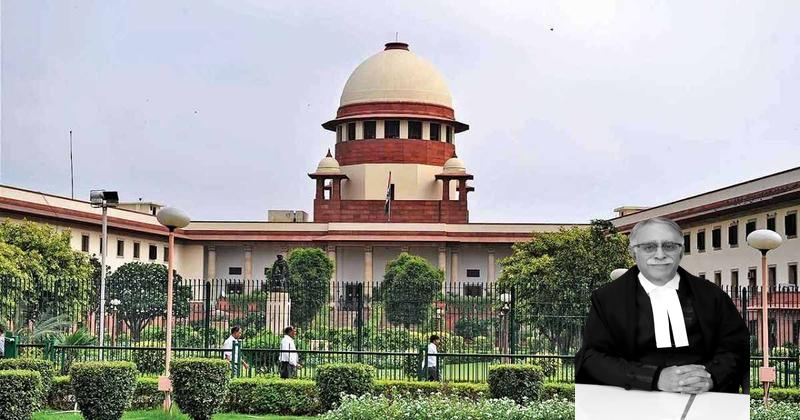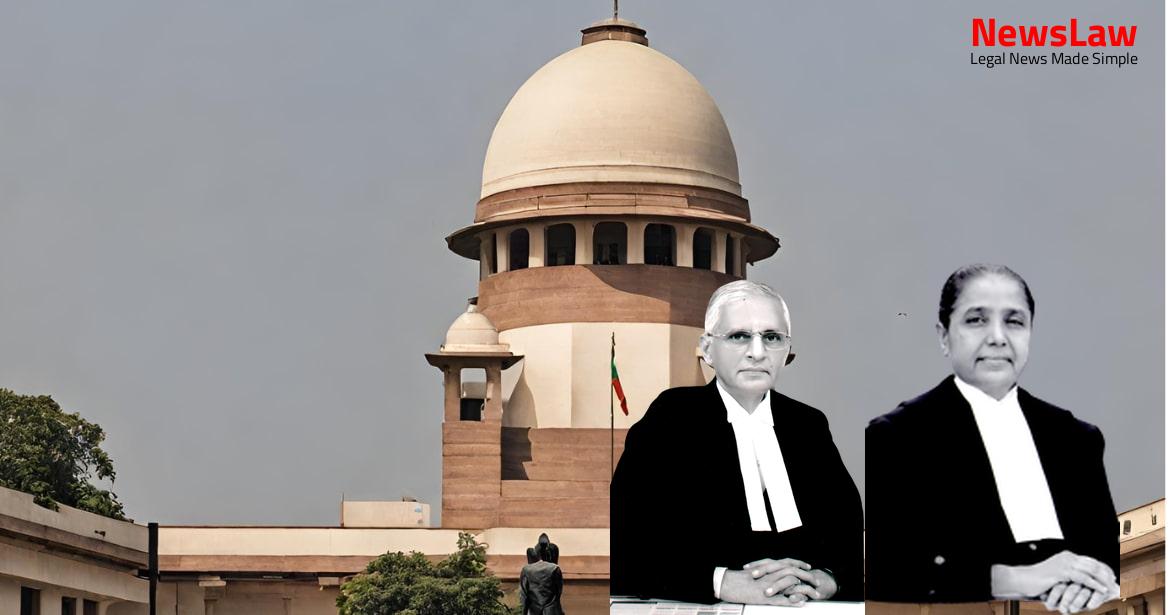By the award dated 17 March 2009, the Labour Court came to the conclusion that the charge against the appellant was not established by the respondent.
Being aggrieved by the denial of the back wages, the appellant filed a writ petition before the learned Single Judge of Delhi High Court.
The learned senior counsel appearing for the appellant urged that even in the statement of claim filed before the Labour Court, the appellant had specifically pleaded that he was unemployed from the date of his removal from service.
Considering the principle incorporated in Section 106 of the Indian Evidence Act, 1872, the initial burden is on the employee to come out with the case that he was not gainfully employed after the order of termination.
Also Read: https://newslaw.in/supreme-court/extension-of-benefit-of-doubt-in-criminal-convictions/
Now, coming to the facts of the case, we find that in the statement of claim filed by the appellant before the Labour Court on 8 August 1997, which is duly signed and verified by him, a specific contention was raised that he was still unemployed and has been rendered jobless. However, the said affidavit was withdrawn and a fresh affidavit of evidence was filed by the appellant on 4 September 2008 in which a specific assertion regarding the failure to get employment was not incorporated. It is true that affidavit filed by the appellant on 18 July 2008 before the Labour Court making a categorical statement on oath that he was not employed from the date of termination was withdrawn and in the fresh affidavit filed by way of evidence, such a specific contention was not raised.
However, considering the conduct of the appellant of withdrawing the affidavit filed earlier and not raising the contention of unemployment in the fresh affidavit, the appellant cannot be granted the benefit of back wages for the entire period from the date of termination till reinstatement.
In the event of failure of the appellant to furnish details of his bank account and a copy of the cancelled cheque to the advocate for the respondent within a period of one month from today, it will be open to the respondent to deposit the amount with the Labour Court.
Also Read: https://newslaw.in/supreme-court/vicarious-liability-under-section-34-of-ipc/
In the event the respondent fails to pay or deposit the sum of Rs.3 lakhs within two months from today, the said amount will carry interest at the rate of 9% per annum from the date of reinstatement in service.
Case Title: RAMESH CHAND Vs. MANAGEMENT OF DELHI TRANSPORT CORPORATION (2023 INSC 601)
Case Number: C.A. No.-004208-004208 / 2023



